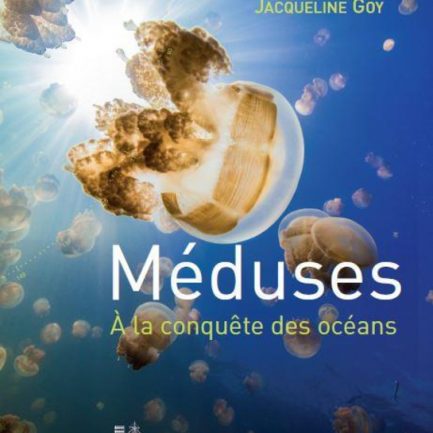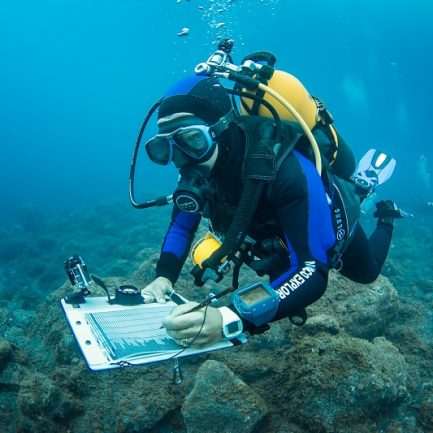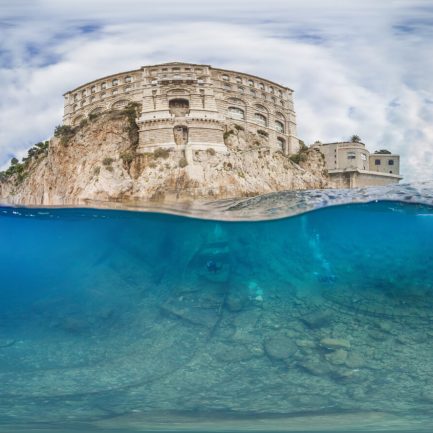We won't be able to eat fish in 2048?
- Home
- Actualités
- 2048, the end of sushi
In January 2017, Robert Calcagno, Managing Director of the Oceanographic Institute, gave an interview to the Atlantico website on the alarming state of fish stocks. Overfishing, overconsumption, pollution, an absence of checks and balances internationally…the risks faced by marine species in the short and medium term are numerous.
Is unlimited fishing leading to a collapse in stocks?
According to a WWF study, if nothing is done to counteract the phenomenon of overfishing, by 2048, all fish stocks could collapse. This change is irreversible unless we drastically change the way we use ocean wildlife. What would be the consequences of this ecological and climatic disaster and how would it manifest itself in our daily lives?
The disappearance of fish, or at least of some fish, is unfortunately not the scenario of a disaster movie, but a sad reality! Overfishing is a long process that has spread throughout the world. Prince Albert I of Monaco was already concerned in 1921 about the ravages of the first steam trawlers along the European coasts and feared that thousands of fishermen would become unemployed. Biologist Daniel Pauly, one of the world’s leading fisheries scientists, who we actually awarded the Albert I Grand Medal to in November 2016, has shown how fishing has intensified around the world beyond reason.
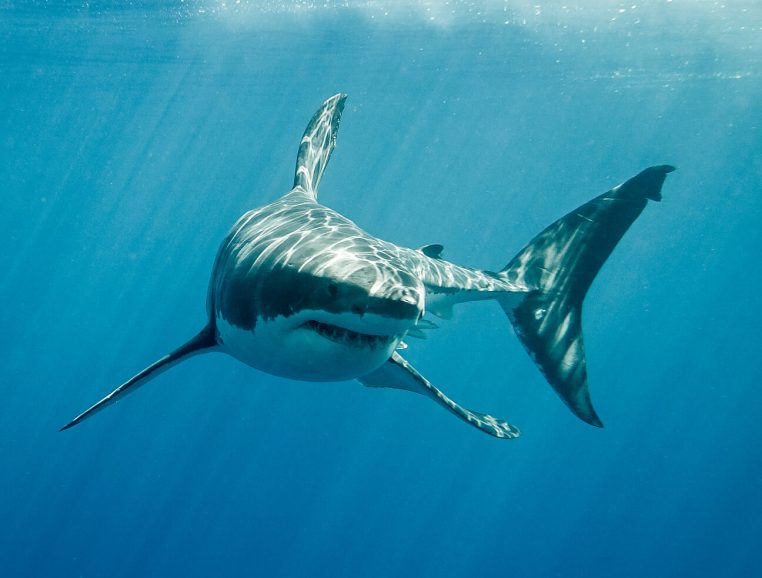
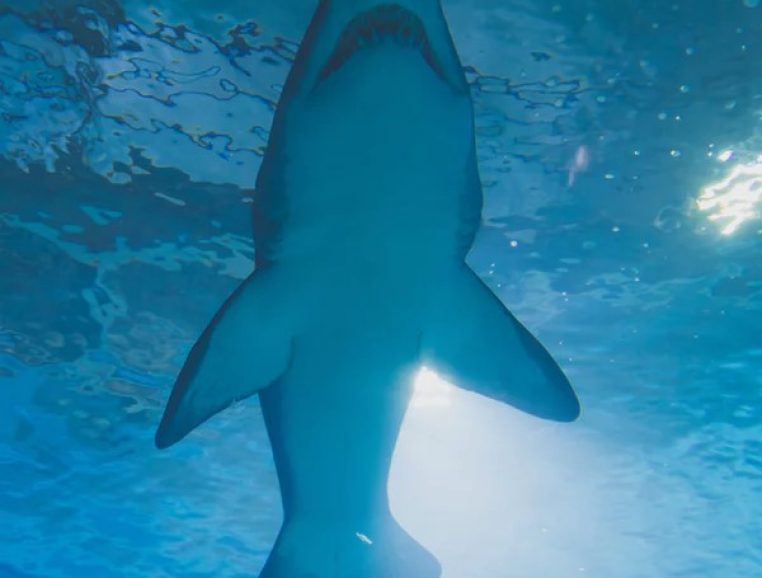
From the mid-1980s onwards, global catches began to decline slightly, even as fishing effort continued to grow rapidly. We call this problem “peak fish”: more effort and fewer fish.
It is an ecological disaster, but also a human one, because fishing feeds or supports hundreds of millions of people throughout the world, and it is the most fragile who suffer first from the scarcity of fish, while, until now, the phenomenon is almost invisible to us: species fished further away, deeper, appear on the shelves while easily accessible stocks decline. Where we see only a small increase in prices, the survival of millions of people is at stake. The interaction between ocean and climate is a very dynamic field of study. Many studies aim to quantify the contribution of fish to the sustainable storage of carbon at the bottom of the sea. Conversely, global warming will decrease the productivity of tropical waters, on which the most vulnerable populations depend!
How can consumers prevent this catastrophe?
Already today, many restaurateurs import fish from across the continents because of the difficulties they have in finding quality products. Apart from the ecological disaster that this implies, is this a more concrete sign that the shortage is already increasing?
Fish has long been the main commodity traded internationally. In France, as in Europe, 70% of seafood products are imported. It is less a question of quality, which remains very good for local products, than of quantity: we are consuming more and more seafood, while the productivity of the ocean is naturally limited… When we ourselves have not pushed the stocks to collapse.
Globally, aquaculture has taken over from declining fisheries and provides about as much food as fisheries. But in Europe, it remains very limited, with the exception of Norwegian salmon. We don’t like the sight of fish farms along our coastline, so we’re going to look for them on the other side of the world!
2048 is a date that still seems far away in the collective imagination. What could be done to raise awareness of this phenomenon more effectively?
The very brutal disaster scenarios have the superficial advantage of attracting attention, of marking the minds, but I do not share the too frequent use, and sometimes caricature, of this process.
We know that catastrophism does not convince or mobilize. We must move on to positive solutions, open doors, show the way. This is why the Oceanographic Institute explains the general issues of fishing and quickly directs the public to practical advice on how to act by consuming better.
Labels exist to identify the products to be preferred, because their exploitation preserves the resource and the environment. We are partnering with WWF, the Marine Stewardship Council (MSC) and the Aquaculture Stewardship Council (ASC) for Responsible Fishing Week at the end of February and will be offering information and advice. In a broader sense, let us avoid excesses. This is not unique to fish, which, in moderate doses, is good for health and good for the environment. Fish caught in the sea does not consume fresh water and emits very little CO2, unlike land-based farms, especially beef! Without necessarily going as far as veganism, let’s moderate our consumption of proteins. But since we’re talking about day-to-day commitment, I want to emphasize that it’s not all about fishing.
If we want the sea to remain alive and productive, we must take care of the quality of the water, eliminate the discharge of plastic waste, phytosanitary products which generate dead zones…
DOES OVERFISHING AFFECT EVERY SPECIES OF FISH?
Already in 2013, 90% of Pacific bluefin tuna caught were too young to reproduce. What are the impacts of the disappearance of this type of species on local fauna, particularly in terms of deregulation of the food chain? Do you have specific examples?
This is the problem of the fishing boom: over time, after taking the largest specimens of the major species (tuna, but also swordfish, to cite an urgent problem in the Mediterranean), the rest were fished out. That is, other species, sometimes very slow to reproduce, such as deep-sea fish; younger fish when they had not even reproduced yet, or when for many species it is the older fish that are the most fertile.
At sea, food interactions are more complicated than in terrestrial chains. For example, some large fish eat jellyfish, which in turn eat the larvae of those same fish.
When humans unbalance the ocean, jellyfish can dominate a region for a long time, as is the case in Namibia.
Exergue // “The principles of good management are simple: firm policy decisions, based on scientific knowledge, but also credible because compliance is monitored.”
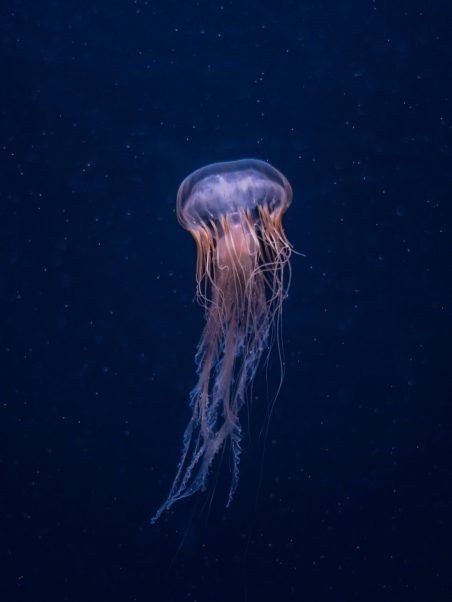
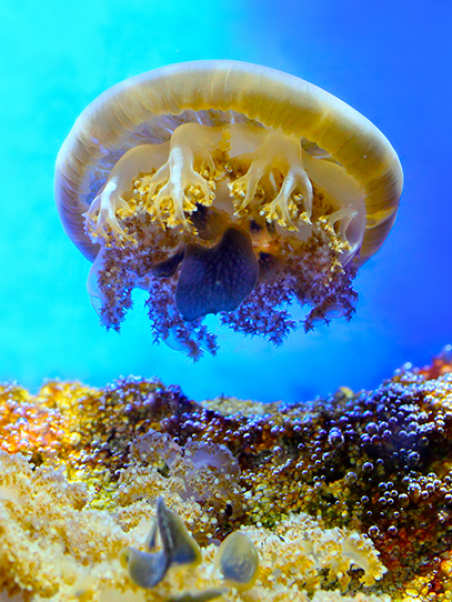
Experts are calling for significant action to be taken within the next two years to limit this phenomenon. Is it even possible to achieve this on a global scale in such a short time? What will be the main sources of difficulty?
The fishing power is such that today, we can no longer do without real fisheries management that is serious and respected. Since the most valuable fish, such as tuna, tend to be mobile across borders, it is at the international level that the game is played. Everything can go very fast.
The decline of bluefin tuna in the Mediterranean in the early 2000s was dramatic, and its management was a complete travesty. H.S.H. Prince Albert II of Monaco, alerted by the scientific community and the WWF, sounded the alarm at the political level and, in the space of two years, real management was put in place.
The signs today are encouraging because, to a certain extent, nature is resilient and can return to equilibrium. The principles of good management are simple: firm policy decisions, based on scientific knowledge, but also credible because compliance is monitored. All this requires means, both scientific and control, but we can clearly no longer do without them.
For several centuries, the ocean has seemed unalterable and inexhaustible in terms of limited exploitation. This has largely justified a certain freedom to exploit the sea. This is no longer the case.
Monitoring in order to preserve marine ecosystems better?
What could be done to develop more sustainable ways of fishing? What is already being done?
I was talking about scientific knowledge. In recent decades, it has been used to determine the limits of the fishery. These famous quotas, when respected, allow stocks to recover, as for example in the European waters of the Atlantic.
Quotas do not exist to annoy fishermen, but to protect the resource that supports them.
The next step is to have a true ecosystem approach, which incorporates by-catch (i.e. fishing for animals not directly targeted) to preserve the ecosystem as a whole: adapting fishing techniques to avoid catching turtles or dolphins with the tuna, controlling the quantities caught to leave enough fish for the seabirds… All this may seem very refined, but again, we are putting so much pressure on the planet that we can no longer leave anything to chance.
To reflect on new forms of sustainable management of the ocean and its resources, H.S.H. Prince Albert II launched the Monaco Blue Initiative in 2010. Each year, this platform brings together the world’s leading experts to discuss the various threats and their interactions – from overfishing to ocean acidification or various forms of pollution – as well as the technical, legal and political solutions to respond to them, through, for example, the establishment of marine protected areas, or sustainable fishing and aquaculture.







